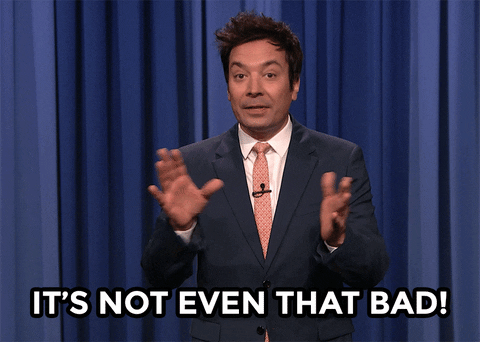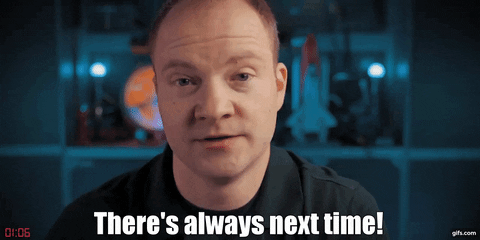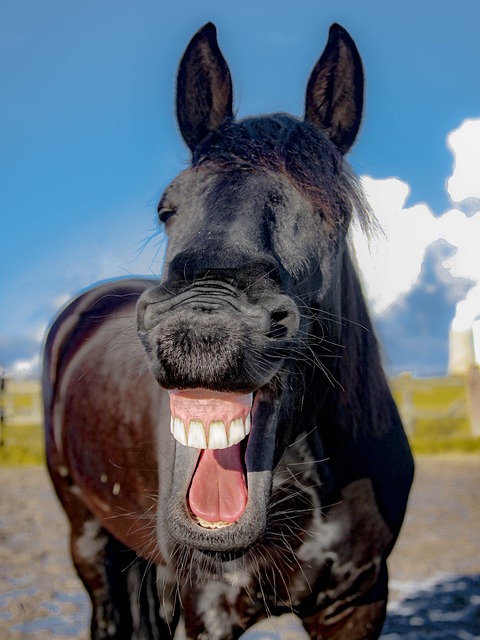



Hello, it’s time to have some belly laughs! Are you the king of comedy? Do you always have a joke ready to pull out of your sleeve and amuse your audience? Well, don’t mind us if we put your jokester knowledge to the test! Can you finish these jokes? The quiz covers a bunch of funnies, wisecracks, and quips you might never have heard of before. It will present you with the beginning of jokes. Your job will be to complete them correctly. Can you score twenty points, or will you become the butt of the joke? Only one way to find out!
The world of comedy has been a source of laughter and entertainment for centuries. From slapstick humor to witty one-liners, comedy comes in many forms and can make us forget our troubles and lift our spirits. But why do we find certain things amusing?
The science behind what tickles our funny bones is a serious matter. Our brains use laughter to communicate to others that we are not a threat and that we are socially active. Laughter also releases endorphins, chemicals in our brains that make us feel good.

Scientists have several theories on why we find this or that amusing. According to incongruity theory, we laugh at things that defy our expectations. We anticipate one thing but get something entirely different. We can explain it with a stand-up comedian example – they set up a joke (creating an expectation) and then deliver the punchline (violating the expectation).
Are you an authority on 90s comedy films?
The superiority theory assumes we find things funny when we feel superior to others or earlier versions of ourselves. This theory explains why we find satire and sarcasm funny.
The third theory is the relief theory, born in the 18th century. It suggests that we use humor to relieve tension and stress. Dark humor and jokes about taboo topics allow us to stop suppressing inappropriate emotions and release nervous energy.
Scientists from the University of Colorado were dissatisfied with these theories and devised one to address their shortcomings. According to McGraw and Warren’s idea of benign violation, humor arises when something typically regarded as a violation of social norms or expectations is presented in an innocent or harmless manner.

In other words, humor happens when a norm or expectation is violated, but the violation is not harmful or threatening. A pun, for example, may be considered a breach of language norms or expectations, but it is benign because it is not damaging, offensive, or upsetting.
From puns and jokes to comedy sketches and cartoons, the benign violation theory has been used to explain a wide range of humorous situations. It implies that we find these situations amusing because they surprise us and challenge our expectations while also providing us with a sense of safety and security.
Writing a joke can be challenging. However, using these tips and tricks, you can improve your chances of making people laugh.
Let’s be real: how funny are you?
One of the most essential elements of writing a joke is understanding your audience. What kind of humor do they like? What topics are off-limits? Adapting your material to your audience will increase the likelihood that they will find it amusing.
Avoid lengthy, convoluted setups and get right to the punchline. The best jokes often happen to be simple to remember and repeat. There are exceptions, but if your setup is long, your punchline better be killer.
Wordplay is an excellent tool for creating a memorable and amusing joke. Puns, double entendres, and other forms of wordplay can offer a surprising twist that surprises and entertains the audience.

Keep your audience on their toes and make them look at a familiar topic in a different light. When you have an idea, consider all the approaches you could take to it or how it might fit into a different scenario. Humor turns what we already know to be true on its head.
Many of the best jokes are rooted in real-life situations or observations. Pay attention to the world around you. Often, the things that make us laugh the most are the things that are relatable and familiar.
Writing jokes, like any skill, requires practice. Don’t hesitate to try out new material in front of friends and family, or at open-mike sessions. The more you practice, the more comfortable you will become with your material, and the better you will be able to gauge what works and what doesn’t.
When it comes to telling a joke, timing is everything. The delivery and pacing can make or break your anecdote, so practice your timing and delivery until it feels natural.
Coming up with truly hilarious material can be tricky, but with a little practice and creativity, you’ll be crafting funny jokes in no time.
Which of the trendy memes are you?
Can you finish these jokes? Are you a joke master, or do you need practice? Our quiz will reveal the answer! Ready for the laughs?